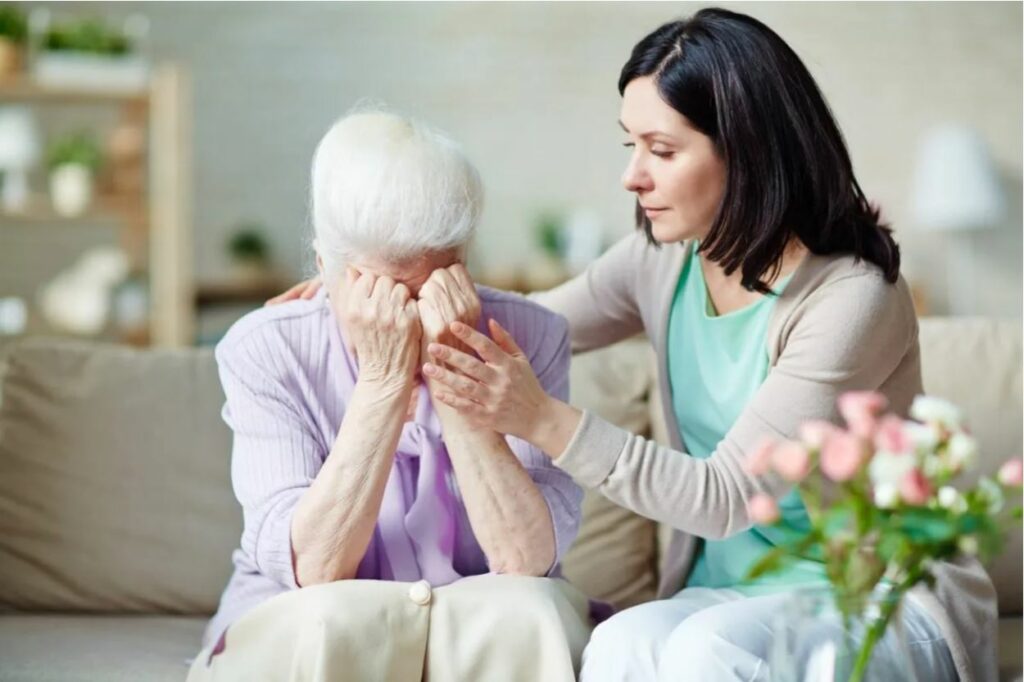Managing Change for Seniors
While hurricane Harvey certainly caused a lot of disruption, many people might not realize that for an older adult, any kind of a move causes disruption. In addition to the physical changes, a move for an older adult has other implications related to his or her independence. Many older adults are less mentally flexible than they once were, which adds to the emotional stress.
After living in a home or apartment for many years, people have routines. It might be the first cup of coffee in a sunny kitchen looking out over the garden. It could be the comfortable chair that has molded to your body, with a table that holds your knitting or crossword puzzle right at hand. It’s your home and you know exactly where everything is. Most people derive considerable comfort from those routines.
A move means that all of those routines must change. For example, someone moves into a retirement home. Now that morning cup of coffee means a trip to the dining room. That favorite chair must be left behind. Suddenly your whole world is turned upside down. It’s worse if something like Harvey forces a move and there is minimal time for planning or to get used to the idea of a change. The older adult may become irritable or have difficulty sleeping.
You can help an older person adjust to a move by giving them as much control over the decision-making process as possible. Try to allow sufficient time to process the changes. Lend a supportive ear while also encouraging your loved one to recognize the benefits of a move. We might be able to help. For more information about Patient Caregivers or to learn how Patient Caregivers can help you and your loved one, please contact us at (713) 227-3448.

